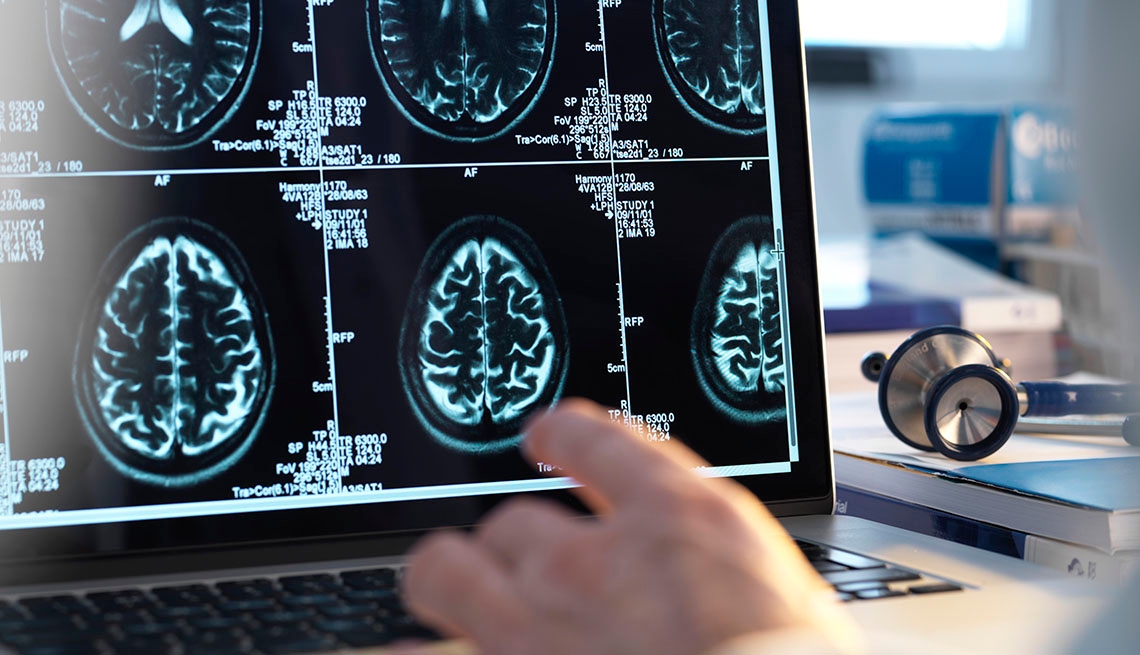Play all audios:
Applying electromagnetic stimulation to the brain can at least temporarily reverse normal age-related memory problems, according to a new study from Northwestern Medicine published in
_Neurology_, the medical journal of the American Academy of Neurology. Transcranial magnetic stimulation (TMS) was used on 15 participants ages 64 to 80 for 20-minute sessions, five days in
a row. The device was applied to the outside of the head in an area behind the ear that targets the hippocampus — the part of the brain responsible for memory. The device produces a gentle
tapping sensation. Before the TMS, the older people had lower scores on a recall test than younger subjects, “as we expected,” said Joel Voss, associate professor of medical social sciences
at Northwestern University Feinberg School of Medicine and lead investigator in the study. (Memory loss is normal with age, though there are things you can do to minimize it.) A day after
the final TMS session, the participants’ memory had improved to the point where it was indistinguishable from that of their younger counterparts, Voss said. “So we effectively rescued their
memory performance up to the level of a younger adult.” A week later their memory was still better than it was initially, though the effect was reduced. A placebo simulation didn’t improve
memory. FOR EXPERT TIPS TO HELP FEEL YOUR BEST, GET AARP’S MONTHLY HEALTH NEWSLETTER. Voss and his colleagues have been studying the use of TMS in restoring memory for several years, and
have seen it improve recall in younger subjects. This was the first time they focused on older people, and the researchers weren’t sure what to expect, Voss said: “I kind of assumed that
perhaps the brain networks of older adults and their age-related impairment would prevent them from being able to be stimulated effectively.” In fact, the study found the opposite, he added:
“We found that the magnitude of the benefit they achieved was greater than the younger adults. It seems as though the individuals with the most to gain actually benefited the most from
stimulation.” The question now is how long such memory improvements can last after stimulation, and how many days of stimulation would be required for longer-lasting results. TMS is already
FDA-approved for treating serious depression, which shows improvement for several months after patients undergo five weeks of brain stimulation. The Northwestern researchers have begun a new
study applying TMS to older participants — including, this time, those with early-stage Alzheimer’s — for a longer period, to see if it can offer more lasting benefits. And Voss said he’s
curious to see if, again, those with the worst memory will benefit most.

